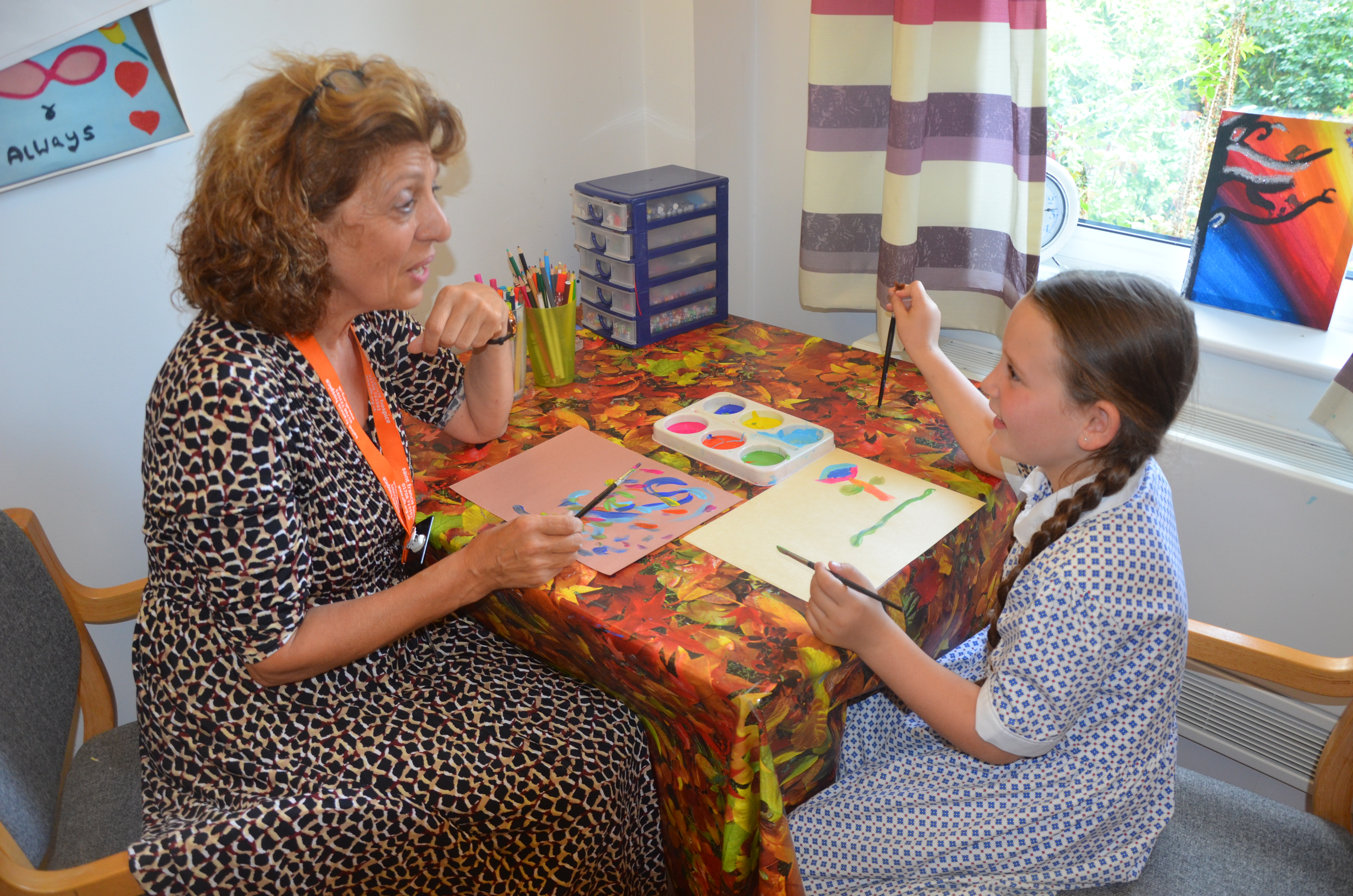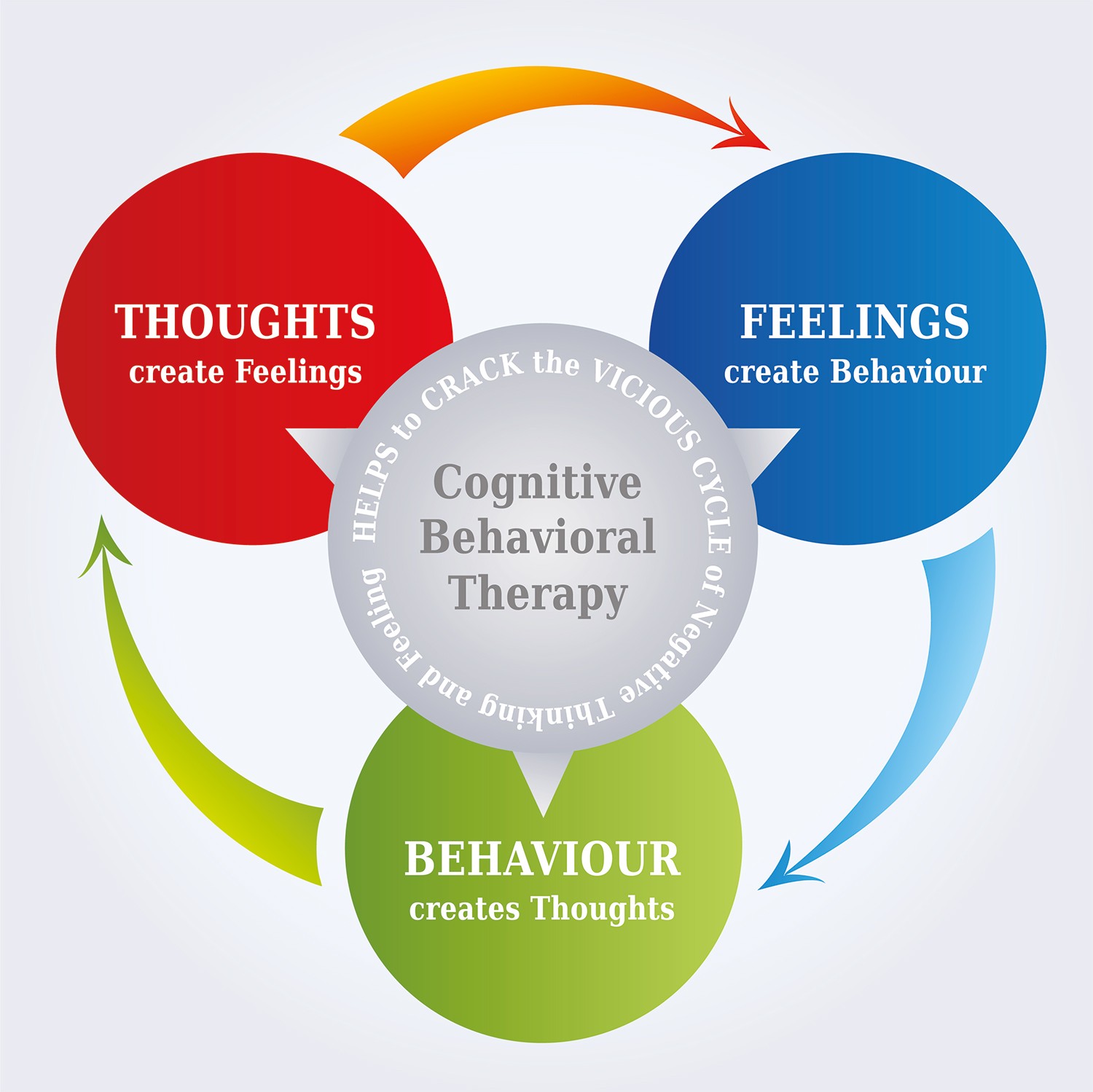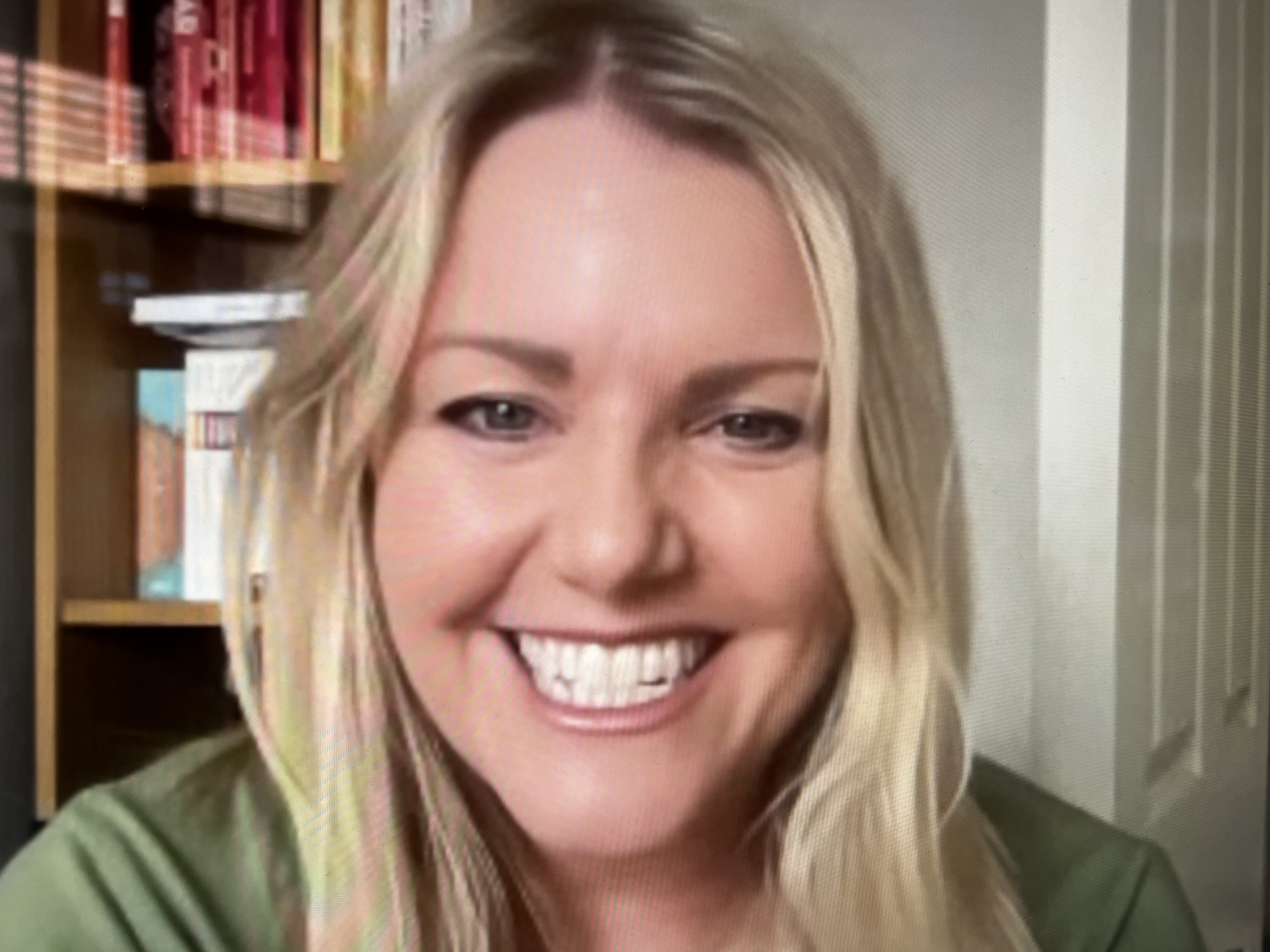Schizophrenia is a mental illness that affects the way people think. It affects about 1 in every 100 people.
Schizophrenia may develop during early adulthood and subjects can have positive and negative symptoms of schizophrenia.
Positive symptoms are experiencing things that are not real (hallucinations) and having unusual beliefs (delusions). Negative symptoms may include a lack of motivation and being withdrawn. They often last longer than positive symptoms.
How can you spot it?
You could be diagnosed with schizophrenia if you experience some of the following symptoms:
– Hallucinations
– Disorganised thinking
– A lack of motivation
– Slow movement
– Change in sleep patterns
– Delusions
– Changes in body language and emotions
It is a common illness. The early stage of the illness is called ‘the prodromal phase’. During this phase your sleep, emotions, motivation, communication and ability to think clearly may change.
If you become unwell this is called an ‘acute episode’. You may feel panic, anger or depression during an acute episode. Your first acute episode can be a shocking experience because you are not expecting it or prepared for it.

What causes schizophrenia?
Research has not identified one single factor. It is believed that an interaction between genes and a range of environmental factors may be the cause of schizophrenia.
Psychosocial factors may also contribute to schizophrenia.
Is it possible to manage schizophrenia?
Yes – schizophrenia is treatable. Treatment with medicines and psychosocial support is effective. However, most people with chronic schizophrenia lack access to treatment.
There is clear evidence that old-style mental hospitals are not effective in providing the treatment that people with mental disorders need and violate basic human rights of persons with mental disorders. Efforts to transfer care from mental health institutions to the community need to be expanded and accelerated. The engagement of family members and the wider community in providing support is very important.
Programmes in several low and middle income countries (e.g. Ethiopia, Guinea-Bissau, India, Iran, Pakistan and the United Republic of Tanzania) have demonstrated the feasibility of providing care to people with severe mental illness through the primary health-care system by:
– training primary health-care personnel
– providing access to essential drugs
– educating the public to decrease stigma and discrimination
– enhancing independent living skills through recovery-oriented psychosocial interventions (e.g. life skills training, social skills training) for people with schizophrenia and for their – supporting families in providing home care
– families and/or caregivers
– facilitating independent living, if possible, or assisted living, supported housing and supported employment for people with schizophrenia. This can act as a base for people with schizophrenia to achieve recovery goals. People affected by schizophrenia often face difficulty in obtaining or retaining normal employment or housing opportunities
What other treatments are available?
Schizophrenia is a lifelong condition, but effective treatment can help a person manage the symptoms, prevent relapses, and avoid hospitalisation.
Each person’s experience will be different, and a doctor will tailor the treatment to suit the individual. Some potential treatment options include:
– Antipsychotic drugs. These can be for daily use or for less frequent use if the person opts for injectable medications, which can last up to 3 months between injections (depending on the medication).
– Therapy, with a professional organisation such as BetterHelp. This can help a person develop coping skills and pursue their life goals.
– Coordinated special care. This integrates medication, family involvement, and education services in a holistic approach.
What does the future hold?
Schizophrenia is a long-term condition that can have a profound impact on a person’s ability to function in life. These effects can also affect the people around them.
Treatment is available that can help a person manage their symptoms. People with schizophrenia will also benefit from the support of their family, friends, and community services.
Anyone caring for someone with schizophrenia can help by learning how to spot the onset of an episode, encouraging the person to adhere to their treatment plan, and supporting them through their experience.





































